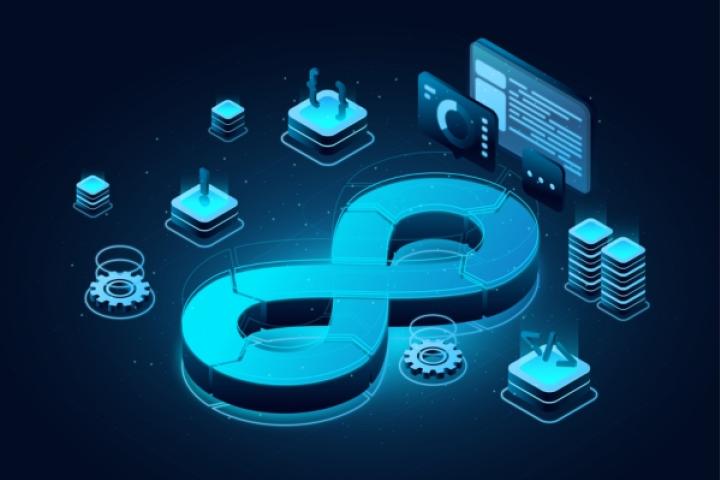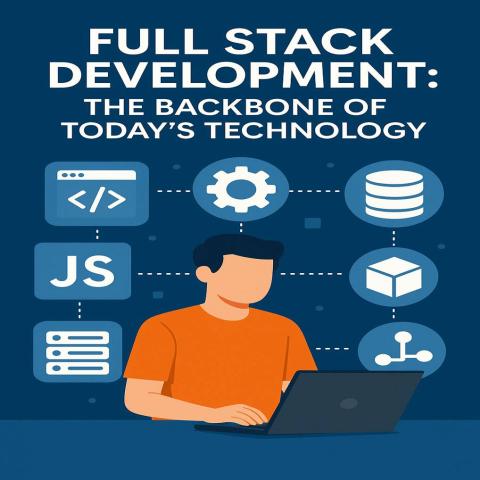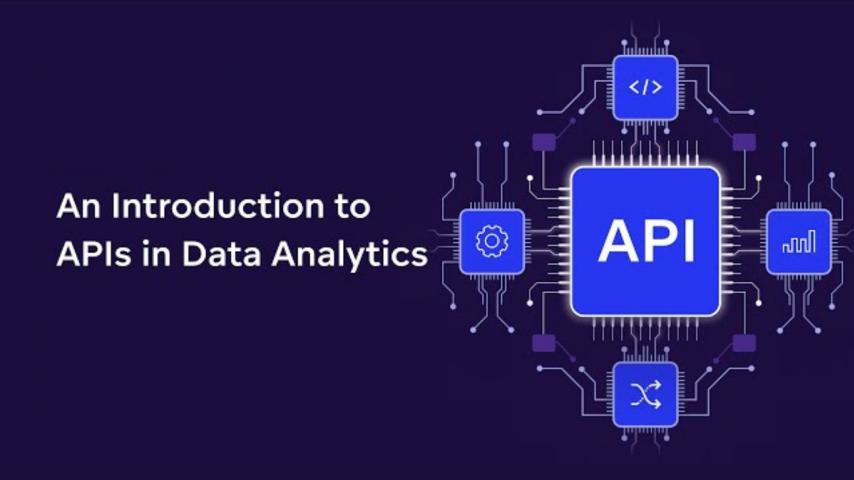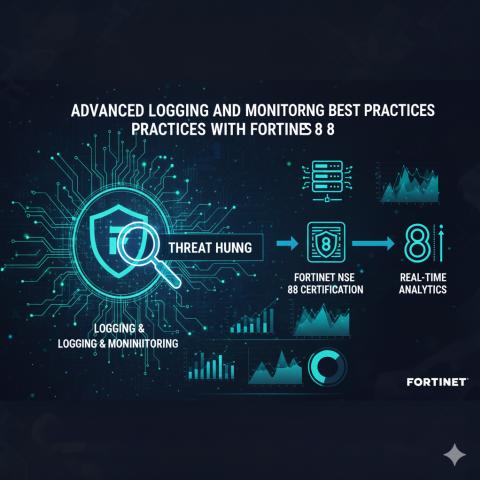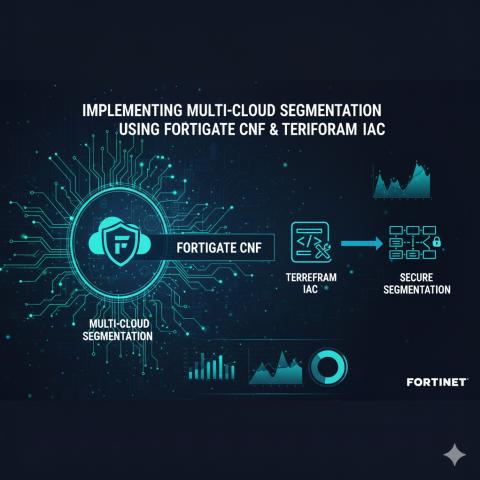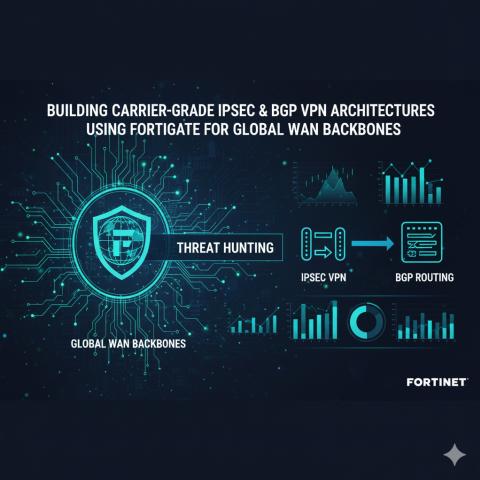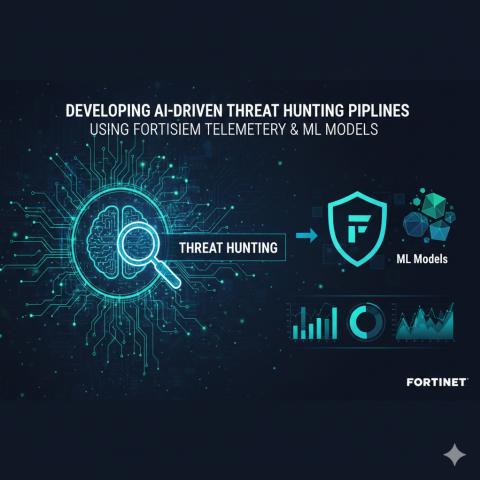Introduction:
Cybersecurity threats are increasing at an unprecedented pace. At the same time, the demand for faster software releases is growing. These pressures have made DevSecOps a critical practice in the software development lifecycle.
DevSecOps blends Development, Security, and Operations into one streamlined process, helping organizations ship secure code without slowing down delivery. If you're looking to master security integration, a DevSecOps Course is the perfect entry point. It equips learners with the right balance of theoretical knowledge and practical skills to build secure, scalable software from the ground up.
In this detailed blog post, we will provide an in-depth DevSecOps Course overview, explain what learners can expect, and outline the skills and certifications that matter most. Whether you're just starting out or looking to expand your expertise, this guide will help you understand the value of DevSecOps Training for Beginners and professionals alike.
What Is DevSecOps?
Understanding the Core Concept
DevSecOps stands for Development, Security, and Operations. It is a modern software engineering culture and practice that aims to integrate security throughout the entire DevOps workflow.
Instead of treating security as a separate phase, DevSecOps embeds it early in the development pipeline. This allows teams to detect and fix vulnerabilities faster, making the process proactive rather than reactive.
The Evolution from DevOps to DevSecOps
While DevOps focuses on rapid and continuous delivery, DevSecOps extends this focus by adding continuous security. Organizations realized that ignoring security until the final stages can lead to costly breaches. Thus, DevSecOps evolved to address this gap.
Why Learn DevSecOps?
High Market Demand
A 2024 report from Cybersecurity Ventures predicts that there will be 3.5 million unfilled cybersecurity jobs globally by 2025. Companies are actively seeking professionals who understand both DevOps and cybersecurity.
Lucrative Salaries
According to Glassdoor and Payscale, DevSecOps engineers in the US earn an average salary ranging from $110,000 to $160,000 per year, depending on experience and location.
Job Roles You Can Explore
By completing a comprehensive DevSecOps Course, you can pursue various roles such as:
DevSecOps Engineer
Cloud Security Architect
Security Automation Engineer
Site Reliability Engineer with Security Focus
Application Security Analyst
Who Should Enroll in a DevSecOps Course?
DevSecOps Training for Beginners
If you are new to the world of software development, security, or operations, a beginner-friendly course will help you grasp foundational concepts.
Ideal candidates include:
Software Developers
System Administrators
QA Engineers
Security Analysts
Cloud Engineers
Recent IT Graduates
Professionals Looking to Upskill
Experienced professionals in DevOps or cybersecurity roles can benefit from advanced modules that focus on automation tools, compliance frameworks, and scalable architecture.
What Will You Learn in a DevSecOps Course?
1. DevSecOps Fundamentals
Topics Covered:
What is DevSecOps and why it matters
Differences between DevOps and DevSecOps
Threat modeling basics
Secure SDLC (Software Development Lifecycle)
Real-World Example:
You’ll learn how major companies like Netflix and Capital One implemented DevSecOps practices to reduce attack surfaces and improve delivery pipelines.
2. Security in CI/CD Pipelines
Topics Covered:
Secure code review techniques
Implementing static and dynamic code analysis
Automated vulnerability scanning tools
Role of Security in Continuous Integration and Continuous Deployment
Hands-On Element:
Configure a Jenkins pipeline that runs a security scanner (like SonarQube or Checkmarx) after every code commit.
3. Container and Kubernetes Security
Topics Covered:
Docker image scanning
Securing Kubernetes deployments
Role-based access control in clusters
Secrets management
Visual Guide Example:
+------------------+ +--------------------+ +-------------------+
| Build Pipeline | ---> | Docker Scanner | ---> | Kubernetes Policy |
+------------------+ +--------------------+ +-------------------+
This workflow shows how security integrates from build time to runtime.
4. Security Automation
Topics Covered:
Automating compliance checks
Security as Code
Policy-as-Code using Open Policy Agent (OPA)
Code Snippet Example (Policy-as-Code):
package security
deny[msg] {
input.resource.type == "ec2"
input.resource.public == true
msg := "Public EC2 instances are not allowed"
}
This OPA rule blocks public-facing EC2 instances in an automated fashion.
5. Cloud Security
Topics Covered:
Shared Responsibility Model
AWS/GCP/Azure security best practices
Identity and Access Management (IAM)
Network security in cloud
Real-World Application:
You will learn to restrict access to AWS S3 buckets and monitor activity using AWS CloudTrail and GuardDuty.
6. Incident Response and Monitoring
Topics Covered:
Security Information and Event Management (SIEM)
Logging and alerting with tools like ELK Stack or Splunk
Intrusion Detection Systems (IDS)
Real-time threat analysis
Tools Commonly Covered in a DevSecOps Course
A strong DevSecOps Training will expose learners to widely-used tools, including:
Category | Tools |
CI/CD | Jenkins, GitHub Actions |
Code Analysis | SonarQube, Checkmarx, Snyk |
Container Security | Docker Bench, Aqua, Trivy |
Cloud Security | AWS Config, Azure Policy, GCP Security Scanner |
Automation | Terraform, Ansible, OPA |
Monitoring | Prometheus, Grafana, ELK, Splunk |
Best DevSecOps Certifications to Consider
Certifications validate your skills and increase your job market value. Below are the best DevSecOps certifications currently recognized in the industry:
1. Certified DevSecOps Professional (CDP)
Focus: DevSecOps pipelines, automation, and threat modeling
Ideal for: Professionals seeking end-to-end security knowledge
Format: Online exam + project
2. Certified Kubernetes Security Specialist (CKS)
Focus: Kubernetes security, container hardening
Ideal for: DevOps and cloud engineers
Format: Hands-on performance-based test
3. AWS Certified Security – Specialty
Focus: Security best practices on AWS
Ideal for: Professionals working in AWS cloud environments
Format: Multiple-choice exam
4. CompTIA Security+
Focus: Core cybersecurity skills
Ideal for: Beginners in IT security
Format: 90-minute exam
Benefits of Completing a DevSecOps Course
Skill-Based Advantages
Build secure CI/CD pipelines
Write security-focused automation scripts
Understand compliance frameworks like GDPR, HIPAA
Improve cloud resource access control
Integrate monitoring and alerting into your workflows
Career Growth Opportunities
Faster job placements in cybersecurity and DevOps roles
Eligibility for high-paying job roles
Professional recognition through certifications
Real-World Preparedness
Hands-on labs, scenario-based projects, and tool integrations prepare you for real-world challenges faced in modern software teams.
Sample DevSecOps Project for Learners
To truly grasp concepts, learners should complete a capstone project:
Project: Secure Web Application Deployment
Objective: Deploy a Node.js application in a secure Kubernetes cluster.
Steps:
Write infrastructure as code using Terraform
Use Jenkins to build and deploy application
Integrate Snyk to scan for vulnerabilities
Apply Kubernetes Network Policies
Set up Prometheus and Grafana dashboards
Create alerts using Alertmanager
By finishing this project, you’ll demonstrate proficiency in both automation and security.
Challenges Learners May Face and How to Overcome Them
Challenge: Tool Overload
Solution: Start with 3 to 5 tools and gradually expand as you grow comfortable.
Challenge: Complex Cloud Security Concepts
Solution: Focus on one cloud provider initially and build your foundation before exploring multi-cloud environments.
Challenge: Lack of Hands-On Experience
Solution: Practice with free open-source tools and local environments like Minikube or Docker Desktop.
Tips for Maximizing Your DevSecOps Learning
Follow a structured roadmap: fundamentals, tools, automation, cloud
Practice daily with real code and configurations
Join community forums and DevSecOps groups for support
Document your projects on GitHub to showcase your skills
Key Takeaways
DevSecOps integrates security across the development pipeline to improve software resilience.
A DevSecOps Course provides essential skills in automation, cloud security, and monitoring.
Beginners and professionals alike benefit from learning tools like Jenkins, Snyk, Docker, and Terraform.
Certifications like CDP, CKS, and AWS Security help validate and grow your expertise.
Practical projects and labs prepare you for real-world job requirements in cybersecurity and DevOps.
Conclusion:
Now is the perfect time to invest in your skills and future. Start learning DevSecOps today and become the bridge between secure coding and scalable deployment.
Take the first step. Enroll in a DevSecOps Course and secure your career.
